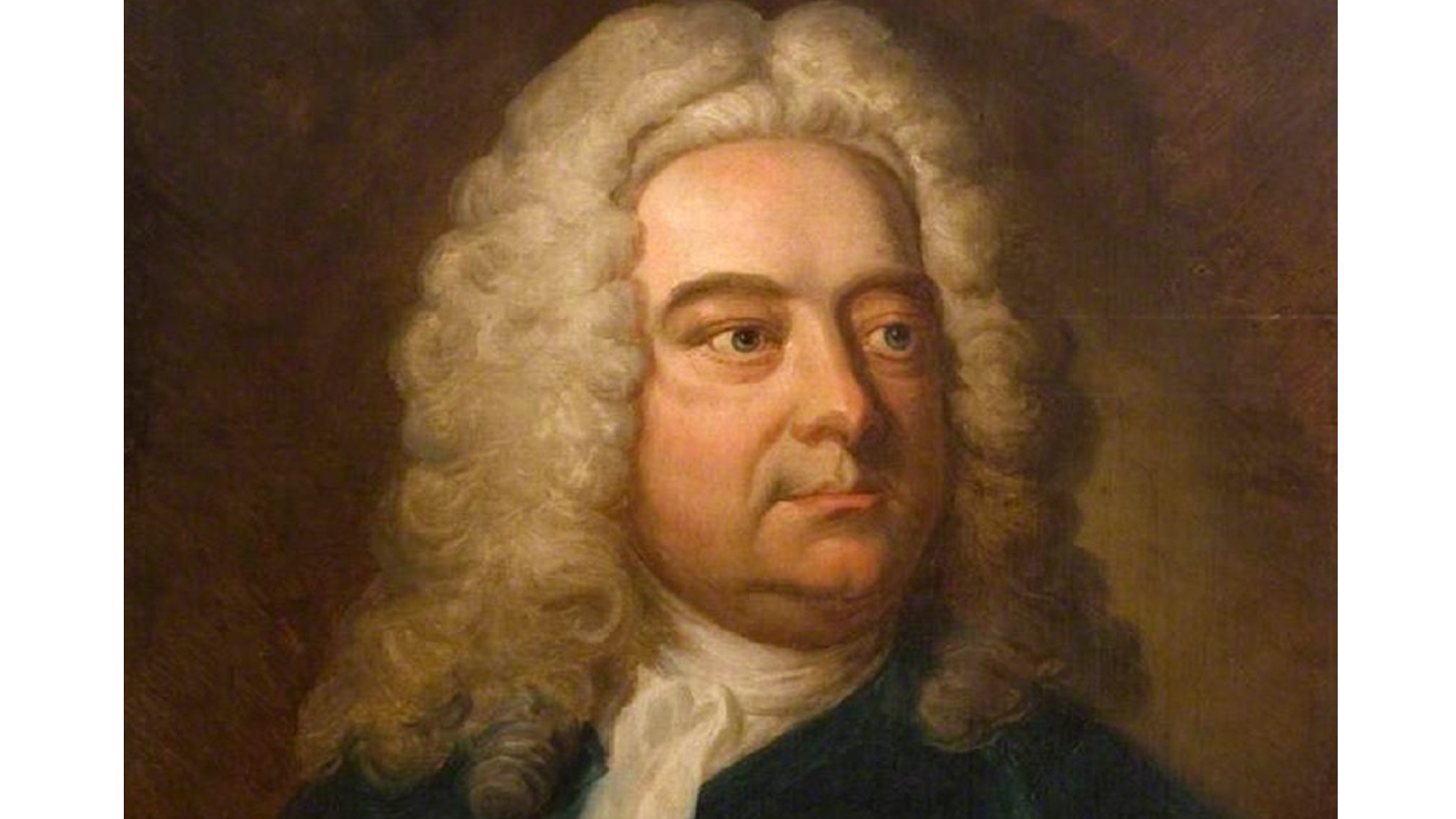
No. 10
Handel: Messiah

In July of 1741 Charles Jennens sent a libretto to George Frederick Handel. It was the 3rd such libretto Jennings had written with Handel in mind. It started in 1735 when Jennens sent Handel a libretto for an oratorio entitled “Saul”. The story of the King of Israel’s jealousy of David, the lad who became a hero after slaying Goliath. Jennens was a long-time friend to Handel and, being rich, a devotee who collected everything that Handel wrote. He was especially intrigued when Handel, due to changes in public taste faced the slow decline of his opera enterprise, began writing a series of oratorios sung in English to bring in ready cash. After seeing the performances of “Deborah” and “Athalia” in Oxford’s Sheldonian Theatre, Jennens decided that English oratorio ought to be Handel’s future and decided to do what he could to make Handel’s switch from Italian opera to English language oratorio a permanent change. It took a few years and the financial failure of his opera projects to convince Handel to set “Saul”. It was a tricky subject. At one point the famous bachelor Handel suppressed an aria sung by Jonathan describing the various beauties of David for fear it would be misinterpreted. Nonetheless when “Saul” was finally produced it was a solid money maker. It was followed almost immediately by another Jennens project, “Israel in Egypt”. So in July 1741, Jennens sent another libretto to Handel for his consideration. At the same time Jennens wrote a friend, “I hope [Handel] will lay out his whole Genius & Skill upon it, that the Composition may excel all his former Compositions, as the Subject excels every other subject. The Subject is Messiah”.
The story of how Handel did indeed place his “whole Genius & Skill” at the service of the text Jennens provided can be found in fascinating detail in the Wikipedia article devoted to Handel’s Messiah. I refer you to it.
Top 40 Countdown
A few years ago the listeners to WNED Classical told us what they thought a TOP 40 list of Classical pieces should be. Six hundred and twenty-two different pieces were put forward, and over nine hundred listeners participated. The result, The WNED Classical Top 40, was both startling and comforting. There were a number of surprises, Stravinsky and Copland made the list; Mendelssohn and Schumann did not! It was comforting to know that the two most popular composers were Beethoven and J.S. Bach. The biggest surprise of all was the piece that crowned the list as No. 1.